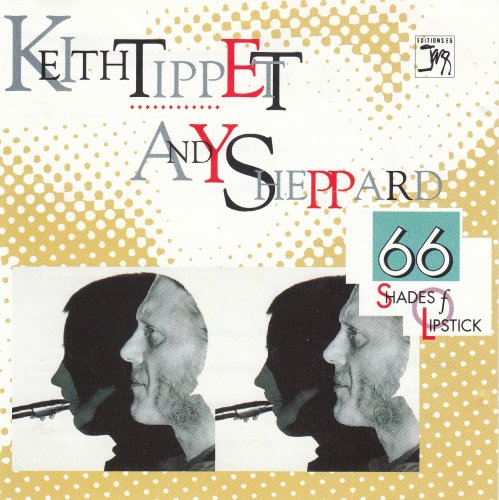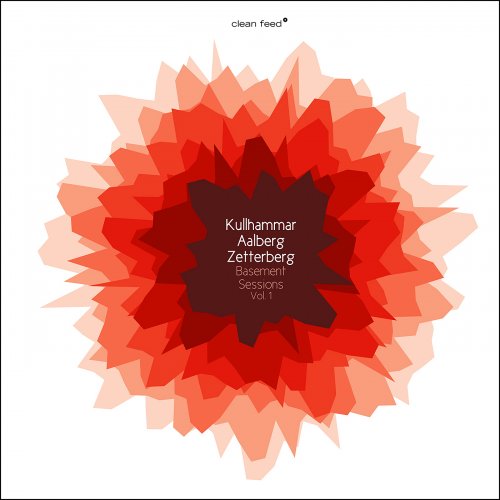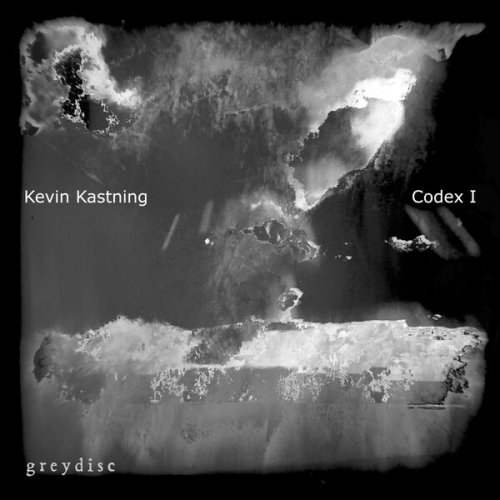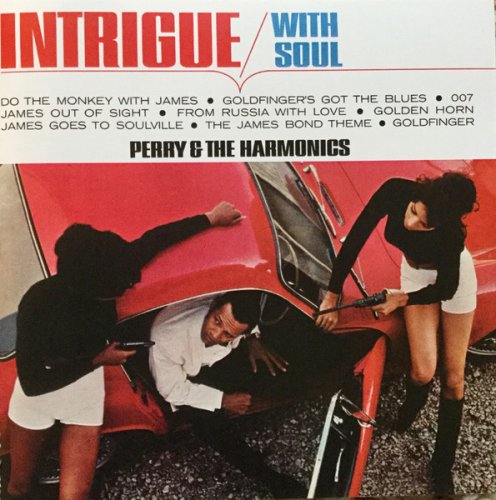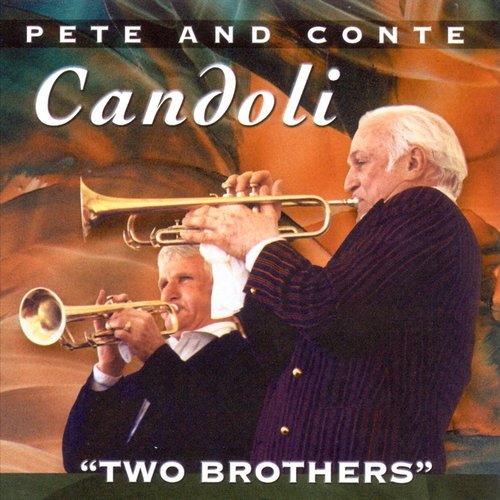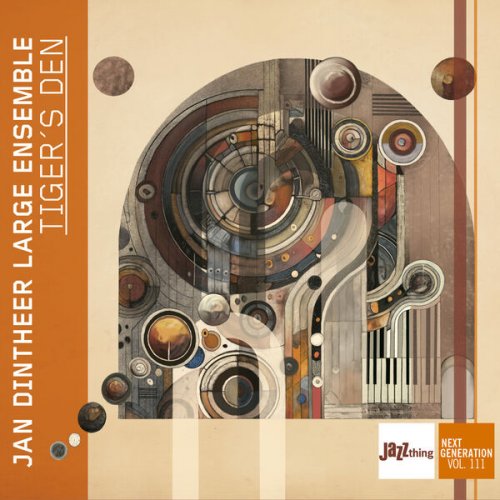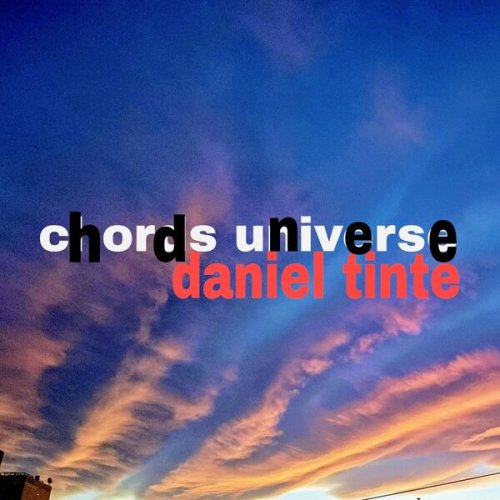Luis Carvalho - Bruckner: Symphony No. 7 In E Major (2023)
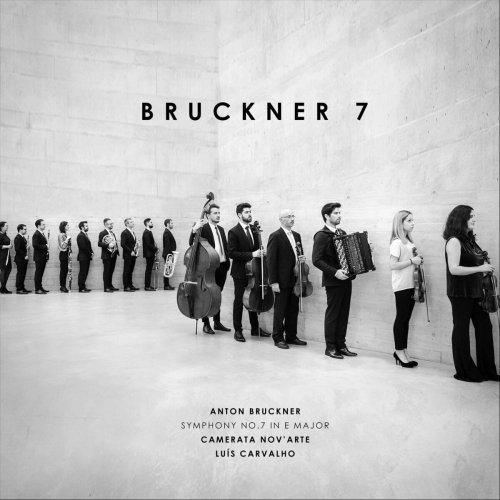
Artist: Luis Carvalho, Camerata Nov'arte
Title: Bruckner: Symphony No. 7 In E Major
Year Of Release: 2023
Label: AvA Musical Editions
Genre: Classical
Quality: FLAC (tracks)
Total Time: 61:46 min
Total Size: 255 MB
WebSite: Album Preview
Tracklist:Title: Bruckner: Symphony No. 7 In E Major
Year Of Release: 2023
Label: AvA Musical Editions
Genre: Classical
Quality: FLAC (tracks)
Total Time: 61:46 min
Total Size: 255 MB
WebSite: Album Preview
01. Symphony No. 7 In E Major, WAB 107: I. Allegro Moderato (Orch. Luís Carvalho)
02. Symphony No. 7 In E Major, WAB 107: II. Adagio: Sehr Feierlich Und Sehr Langsam (Orch. Luís Carvalho)
03. Symphony No. 7 In E Major, WAB 107: III. Scherzo: Sehr Schnell Trio: Etwas Langsamer (Orch. Luís Carvalho)
04. Symphony No. 7 In E Major, WAB 107: IV. Finale: Bewegt, Doch Nicht Schnell (Orch. Luís Carvalho)
Anton Bruckner (Linz, 1824 – Vienna, 1896), Austrian composer, one of the most important of the Romantic period, became famous mostly for his colossal symphonies and profuse sacred music. If the latter arises in response to his deep religious devotion, the symphonies have become unavoidable milestones of the great late-romantic German symphonic tradition. In these, the composer broadened the structural concept of form, innovated at the level of the tonal plane, and emphasized counterpoint as the preferred means of polyphonic texture. Bruckner’s influence is noticeable, remarkably in the next generation, in Gustav Mahler and the conception of his own also monumental symphonies.
Of the eleven symphonies Bruckner wrote (nine numbered, with the last incomplete, plus two preliminary ones, also known as “study-symphonies”), the most frequent on the concert stage nowadays are the Fourth, the Seventh and the Ninth. The Seventh, composed between 1881 and 1883, was one of the greatest triumphs of the composer’s life when it was premiered in Leipzig (Germany), on December 30, 1884. Written at a time when news arrived of Richard Wagner’s final illness, and ultimately death (composer whom Bruckner greatly admired, having even dedicated to him his Symphony No.3), in the slow second movement of the Seventh (Adagio), Bruckner introduces a quartet of Wagner Tubas, as an homage to the great master of German Opera.
Despite the grandiloquence of form and orchestral concept, the supreme organization of its creative thinking makes the Brucknerian symphonies perfectly suited to what is called “instrumental reduction”. Schoenberg was the first to realize this, in relation to not only Bruckner’s music but also that of Mahler and Debussy, among others. Specifically for Bruckner’s Symphony No.7, Schoenberg instructed his students Hanns Eisler, Erwin Stein, and Karl Rankl, to prepare an instrumental reduction of the symphony, planned at the time for a very modestly sized ensemble of only two violins, viola, violoncello, double bass, clarinet, French horn, 4-hands piano and harmonium. Intended, like so many other arrangements at this time, for the Society for Private Musical Performances (Verein für musikalische Privataufführungen), which Schoenberg founded in Vienna in the 1920s, it was never performed then but finally premiered only more than 60 years later.
Inspired by Schoenberg’s concept, Luís Carvalho created in 2018-2019 a new version of the Seventh for ensemble (or chamber orchestra). Scored for a group of about fifteen players (expandable, in the chamber orchestra version, to a maximum of 34), unlike the “Schoenbergian” version Carvalho tries to simulate a miniature orchestra by including all the core instrumental families of the typical Brucknerian symphony orchestra. Thus, a more compact instrumental version of the work is sought while still trying to retain some of its original grandeur. At the same time, a certain refreshing of timbre is desired by the inclusion of less usual instruments such as the euphonium, the flugelhorn, and the accordion (which can be replaced by a harmonium, a closer option to the Schoenbergian arrangements).
The perspective in this new arrangement is always that the listener’s musical enjoyment will be equally rewarding when compared to the original symphonic version. After all, this is some of the best music the Romantic era has produced!
Of the eleven symphonies Bruckner wrote (nine numbered, with the last incomplete, plus two preliminary ones, also known as “study-symphonies”), the most frequent on the concert stage nowadays are the Fourth, the Seventh and the Ninth. The Seventh, composed between 1881 and 1883, was one of the greatest triumphs of the composer’s life when it was premiered in Leipzig (Germany), on December 30, 1884. Written at a time when news arrived of Richard Wagner’s final illness, and ultimately death (composer whom Bruckner greatly admired, having even dedicated to him his Symphony No.3), in the slow second movement of the Seventh (Adagio), Bruckner introduces a quartet of Wagner Tubas, as an homage to the great master of German Opera.
Despite the grandiloquence of form and orchestral concept, the supreme organization of its creative thinking makes the Brucknerian symphonies perfectly suited to what is called “instrumental reduction”. Schoenberg was the first to realize this, in relation to not only Bruckner’s music but also that of Mahler and Debussy, among others. Specifically for Bruckner’s Symphony No.7, Schoenberg instructed his students Hanns Eisler, Erwin Stein, and Karl Rankl, to prepare an instrumental reduction of the symphony, planned at the time for a very modestly sized ensemble of only two violins, viola, violoncello, double bass, clarinet, French horn, 4-hands piano and harmonium. Intended, like so many other arrangements at this time, for the Society for Private Musical Performances (Verein für musikalische Privataufführungen), which Schoenberg founded in Vienna in the 1920s, it was never performed then but finally premiered only more than 60 years later.
Inspired by Schoenberg’s concept, Luís Carvalho created in 2018-2019 a new version of the Seventh for ensemble (or chamber orchestra). Scored for a group of about fifteen players (expandable, in the chamber orchestra version, to a maximum of 34), unlike the “Schoenbergian” version Carvalho tries to simulate a miniature orchestra by including all the core instrumental families of the typical Brucknerian symphony orchestra. Thus, a more compact instrumental version of the work is sought while still trying to retain some of its original grandeur. At the same time, a certain refreshing of timbre is desired by the inclusion of less usual instruments such as the euphonium, the flugelhorn, and the accordion (which can be replaced by a harmonium, a closer option to the Schoenbergian arrangements).
The perspective in this new arrangement is always that the listener’s musical enjoyment will be equally rewarding when compared to the original symphonic version. After all, this is some of the best music the Romantic era has produced!
